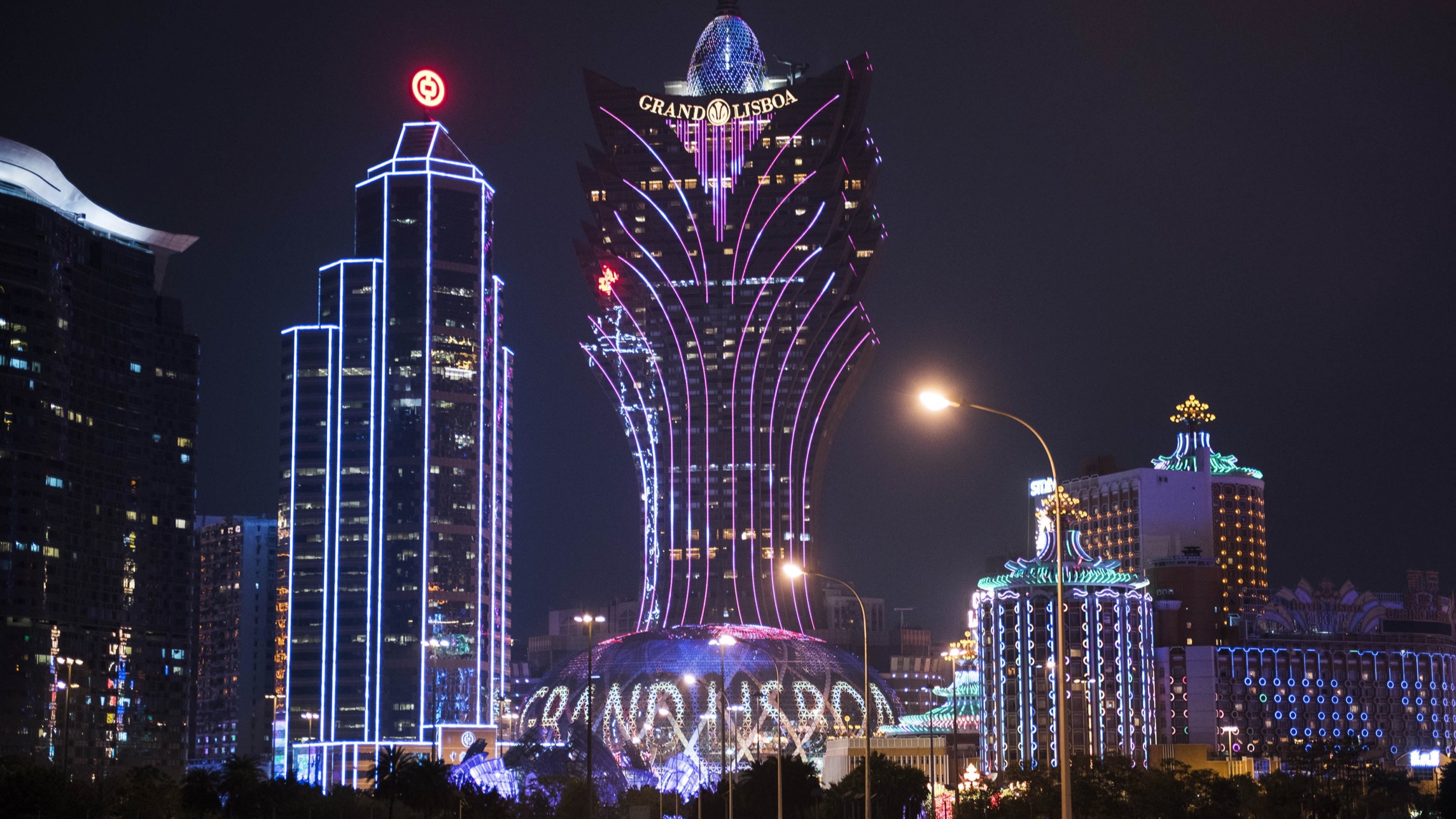Gambling games have long captured the interest of individuals around the world, becoming an important part of both fun and culture. From the glimmering lights of the Vegas Strip to the immersive experience of internet gambling, these activities evoke enthusiasm, uncertainty, and sometimes even a sense of nostalgia. They are more than simply hobbies; they have woven themselves into the fabric of our lives, influencing everything from cinema and music to style and books.
The charm of casino games surpasses the wagering aspect, tapping into wider themes of serendipity, risk, and psychology. As players gather around a gaming table or spin the roulette, they engage in an ancient ritual that resonates with our communal desire for excitement and unpredictability. This captivation has led to the emergence of countless references in cinema, tracks, and electronic games, showcasing how deeply entrenched these activities are in popular culture. Whether it is the pressure of a legendary robbery film or the colorful nightlife portrayed in recordings, casino games have carved out a substantial place that reflects our connection with reward.
Social Importance of Gambling Activities
Gambling games have played a pivotal role in cultural contexts throughout the ages. Stemming from ancient civilizations, games of chance were often connected to rituals or gatherings. For example, early forms of gambling can be linked back to historic China and the Romans, where die games and betting on outcomes were popular pastimes. These activities not only served as entertainment but also as methods of social interaction, facilitating connections among people within societies.
As cultures evolved, so did the sophistication and organization of casino games. The creation of official casinos in the 17th century, particularly in the Italian region, marked a major shift in how games were perceived and organized. With designated spaces for gaming, the casino became a community center where patrons from different backgrounds convened. GA179 This evolution contributed to the validation of gambling, transforming it from a mere pastime into an organized industry that influenced economy and policy.
The impact of gambling games on popular culture cannot be understated. As they were popularized in books and movies, games such as Texas Hold’em and 21 became symbols of chance, chance, and tactics. Famous figures and stories have emerged around these games, illustrating societal views towards luck, wealth, and vice. This fascination with casino activities has permeated various forms of entertainment, solidifying their place in the public imagination and connecting them to wider cultural stories throughout history.

Portrayal of Gambling Activities in Media
Gambling games have long been a popular subject in various forms of media, reflecting both the fascination and complexities of the world of gambling. Films such as Ocean’s Eleven and Casino Royale portray individuals who navigate intense situations, showcasing not only the attractiveness of the casino atmosphere but also the tactics and choices that come with playing popular games like poker and 21. These films often dramatize the excitement of winning and the potential repercussions of losing, encapsulating the perils involved in betting.
TV programs have also explored the world of gambling activities, often integrating them into the narrative as a backdrop for character arcs and conflict. Series like Las Vegas depict the stories of gambling employees and customers, highlighting the dynamic, often tumultuous energy of the casino floor. Reality shows featuring intense betting contests further emphasize the appeal of gambling activities, drawing viewers into the drama and strategy involved in each session. Through these portrayals, media not only entertains but also sparks conversations about luck, skill, and the character of randomness.
Digital games have increasingly incorporated gambling activities into their design, allowing players to recreate the experience of gambling without financial risk. Titles within the landscape of digital gaming often include virtual slots, online poker, and other casino favorites, creating an immersive gameplay that mirrors traditional gambling. These digital representations make gambling activities accessible to a global audience, appealing to both players who indulge and those who enjoy the rush of simulation. As a outcome, the representation of casino games in entertainment continues to shape public perception and importance, highlighting their function in society and culture.
Impact of Casino Games on Communities
Gambling activities have a meaningful effect on society, influencing multiple facets of societal norms and interpersonal behavior. They often serve as a venue for community engagement, where people gather to enjoy a common experience. Game nights with friends or visits to casinos become group events that foster connections and create shared moments. This collective aspect boosts the entertainment value of casino games, making them a popular choice for celebrations and leisure activities.
Additionally, casino games have been portrayed in numerous films, TV series, and literature, shaping perceptions and attitudes towards gambling and gaming. Icons like James Bond competing in baccarat or the high-stakes poker scenes in films have embedded these games in the collective imagination. This representation often glamorizes the culture associated with casino activities, attracting new players and influencing trends in both style and conduct. These representations can spark curiosity and lead to a deeper exploration of the intricacies of gambling.
However, there are also negative implications associated with the widespread appeal of casino games. The temptation of quick monetary gain can lead to problem gambling and financial troubles for some people. Society must contend with these consequences, promoting responsible gaming and awareness of the risks involved. Finding a balance between the entertainment value of casino games with the risks is vital to ensure that they continue to be a beneficial aspect of our societal fabric.
